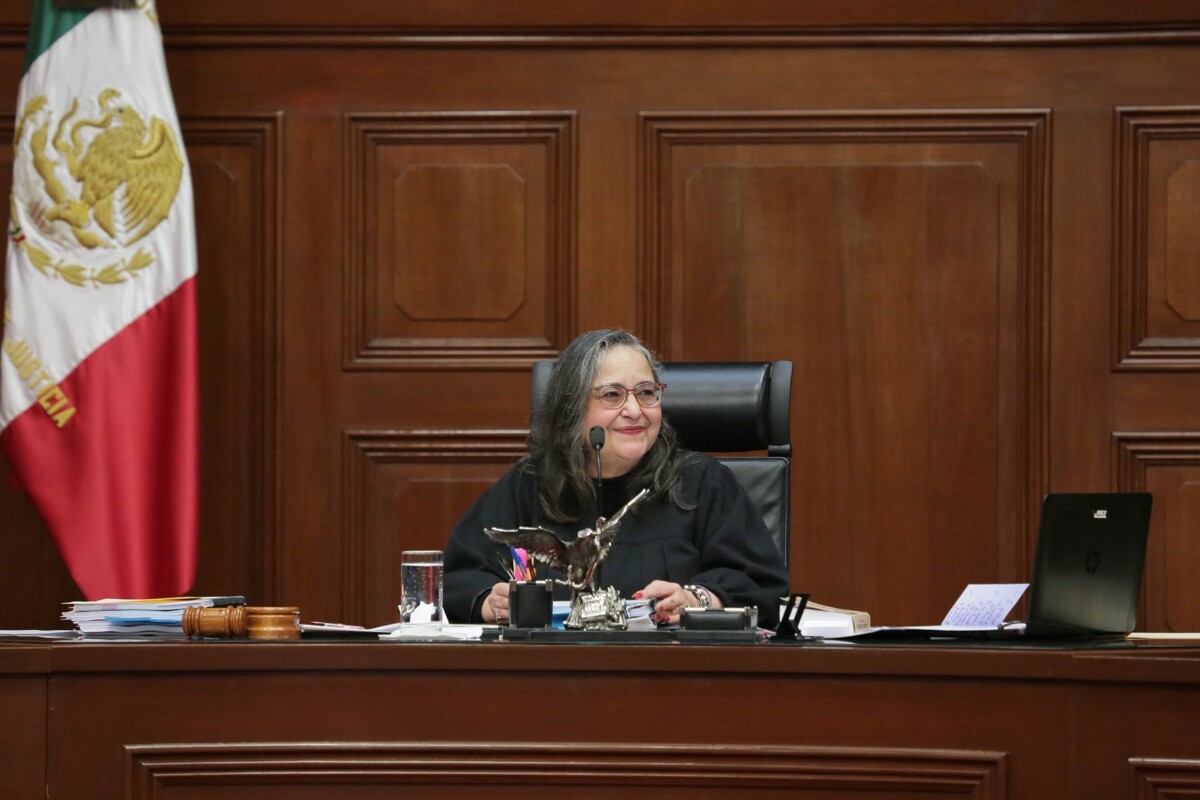
The Superior Chamber of the TEPJF cannot exercise supervisory functions over the amparo judges, nor can it annul the force of their decisions, which constitutes an interference in judicial independence. This was determined by the SCJN, adding that the Superior Chamber lacks legal or constitutional powers for such actions.
In light of this situation, the SCJN instructed district judges who have granted suspensions against the judicial reform to voluntarily review their rulings. This year, Mexico is preparing to hold the first election of judges, magistrates, and other important judicial positions, following the enactment of the judicial reform last September.
In a ruling issued this Thursday, the SCJN ordered the annulment of the definitive suspensions against the judicial reform within 24 hours, in order not to interfere with the extraordinary electoral process scheduled for June 1. Furthermore, it determined that the suspensions granted by district judges can only be reviewed by Collegiate Circuit Courts or the Supreme Court itself.
The rulings of the Superior Chamber of the TEPJF that declared the suspensions in amparo proceedings invalid must be considered as opinions without the capacity to invalidate the suspension orders, according to the SCJN. Referring to the constitutional reform to the Judiciary of September 2024, the SCJN emphasized that in a rule of law, self-proclaimed claims of jurisdiction by any authority cannot be allowed.














